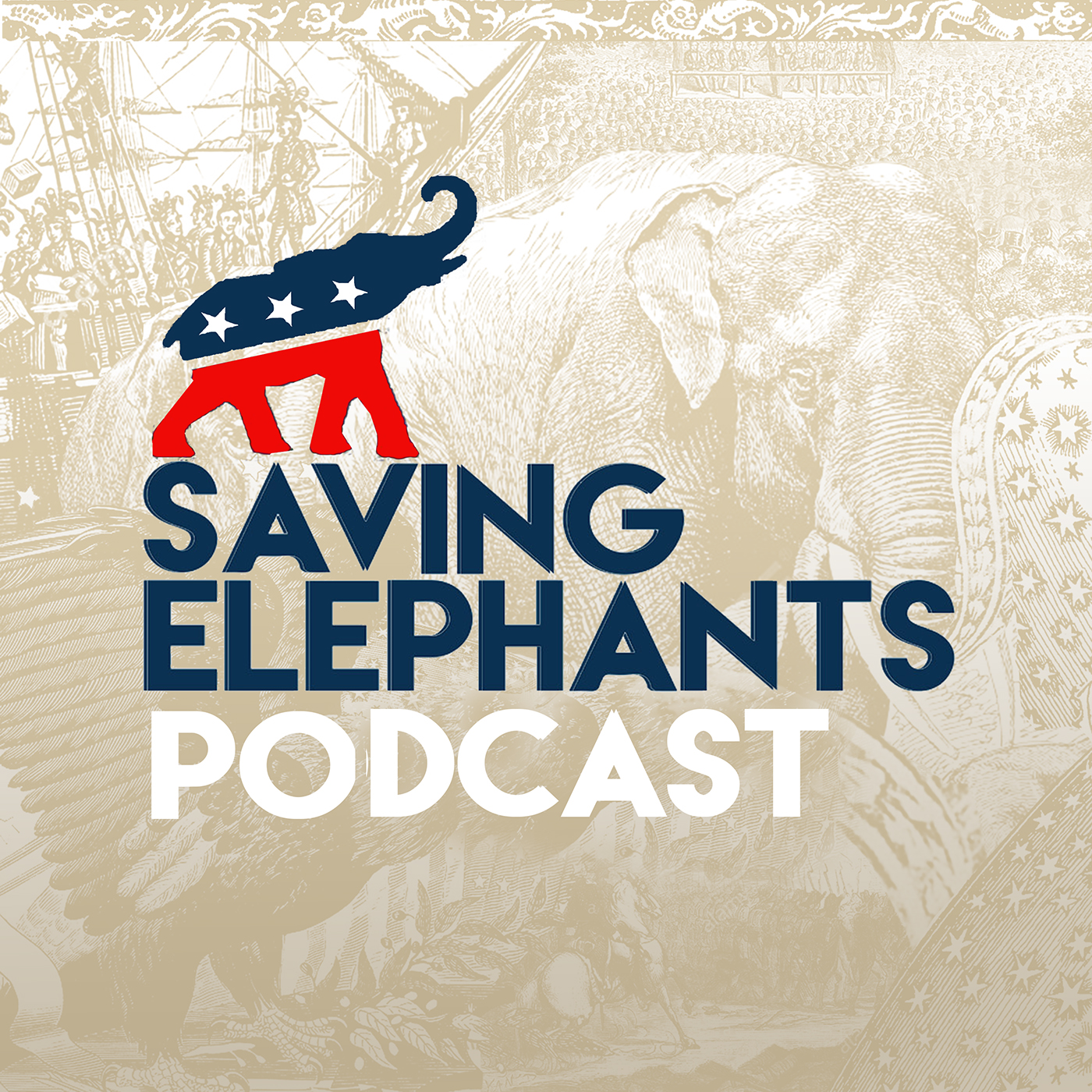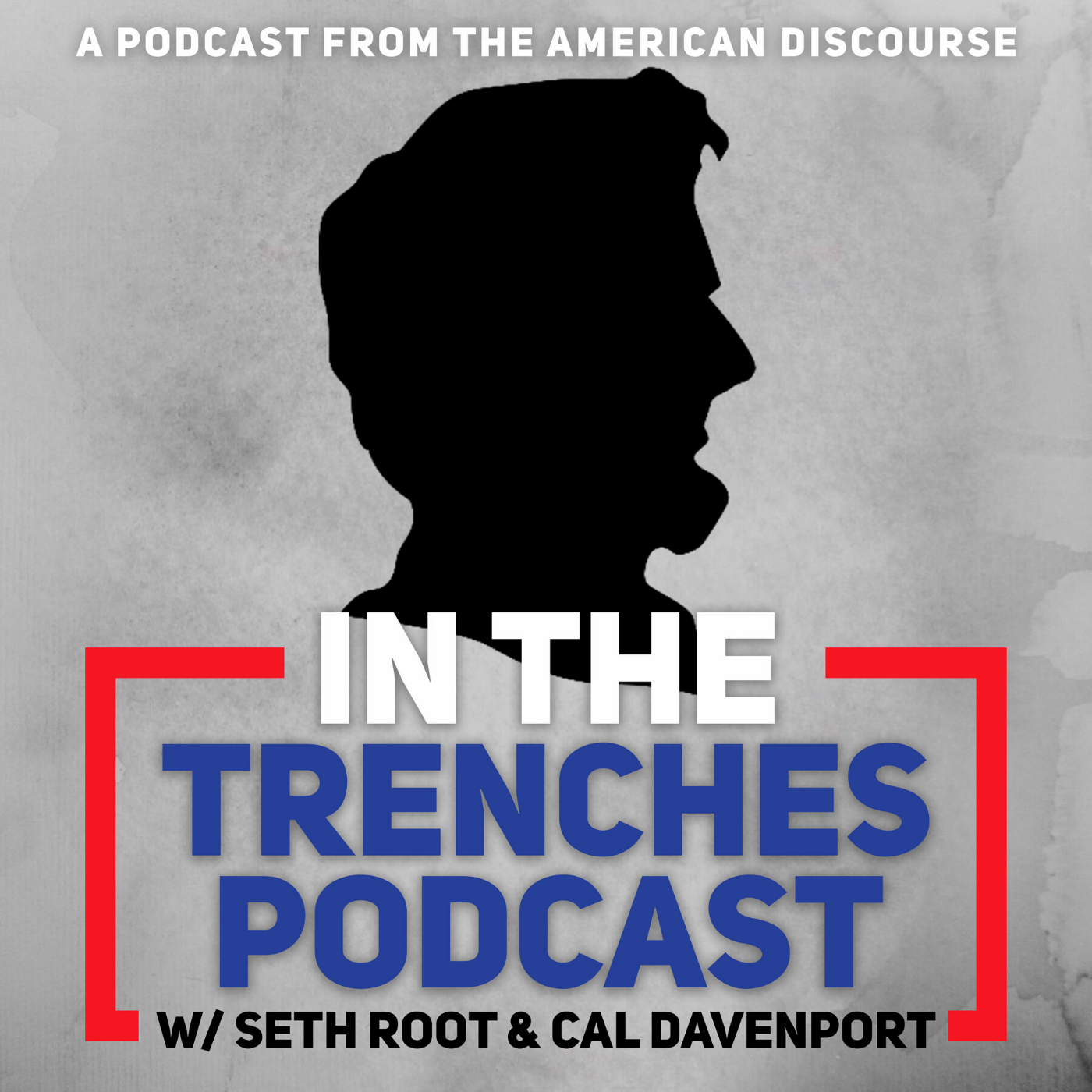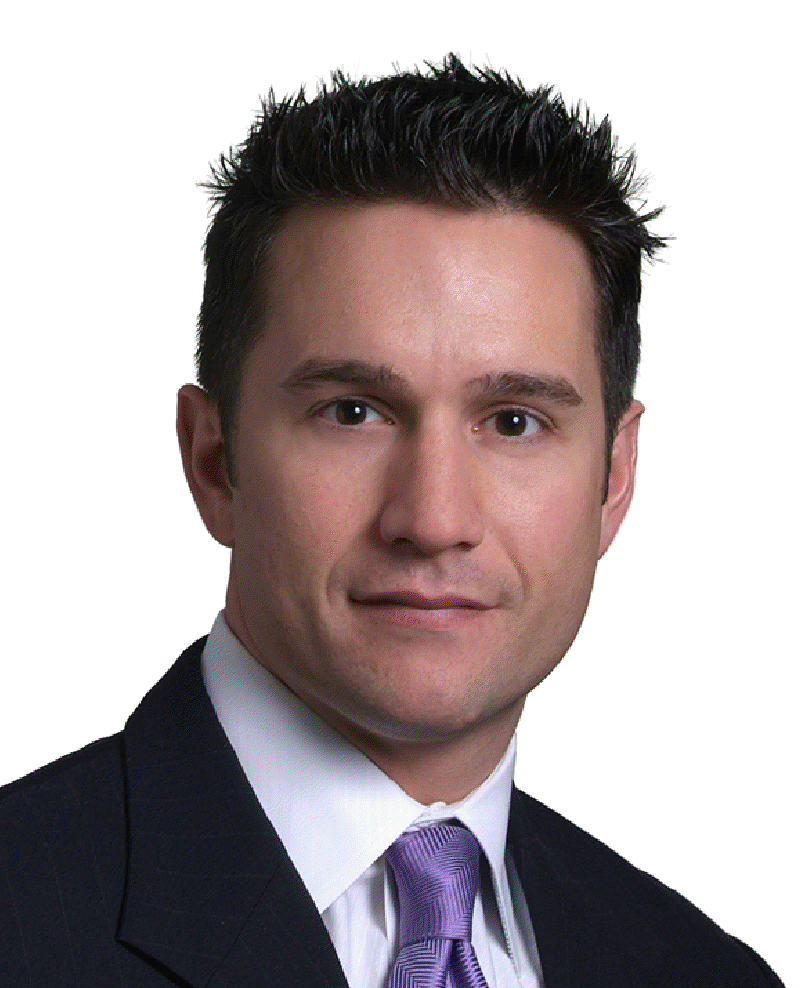


Saving Elephants host Josh Lewis was interviewed by J. Cal Davenport and
- Josh’s decision to step down from the Republican party in 2016.
- How Saving Elephants came to be
- How Millennials are similar to other generations in how they respond to persuasion on political questions and how are they unique and different
- Understanding conservative “first principles” and what younger Americans should know about them
- Whether conservatism is about adhering to the “old consensus” or charting a new way forward
- Underrated conservative thinkers
You can check out Cal and Seth's In The Trenches Podcast here:

Bonus Episode – In the Trenches with Cal, Seth, and Josh, Read this full article, at Saving Elephants, with Josh Lewis










 RSS Feed
RSS Feed
